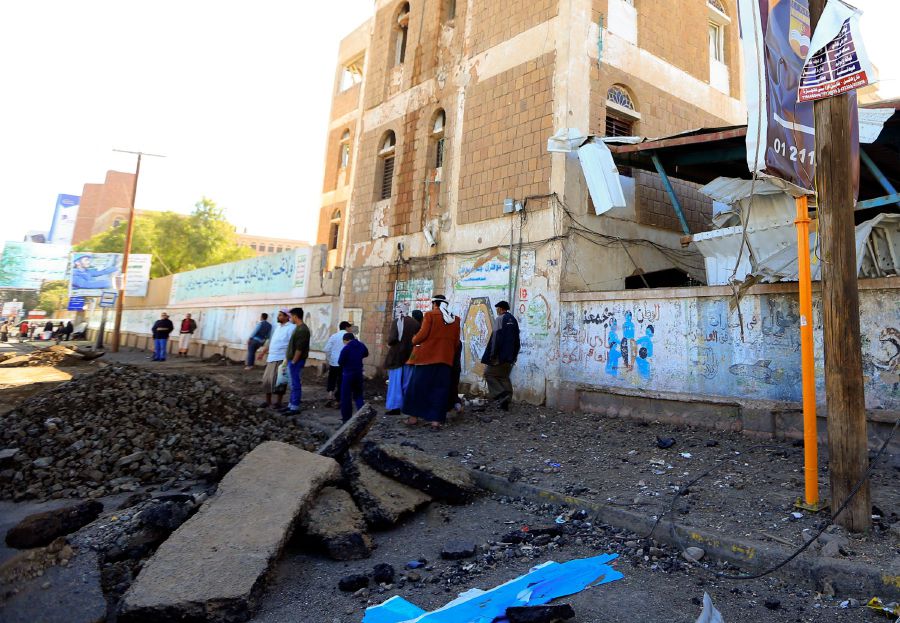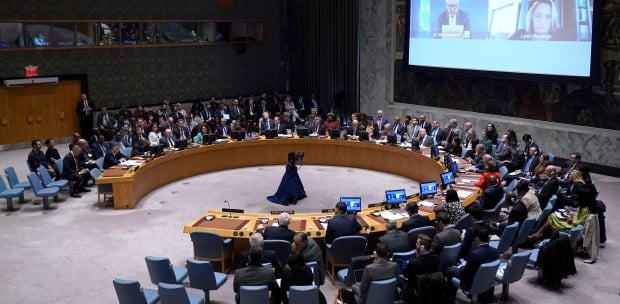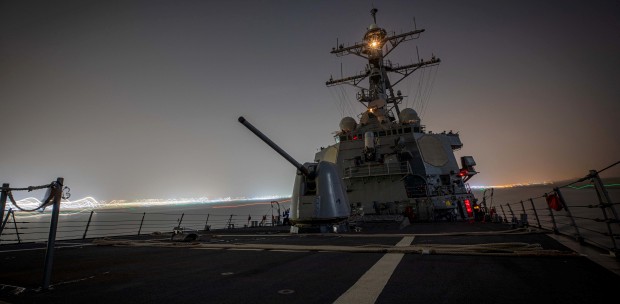YEMEN was once the Pearl of the Middle East. Today, thanks to the six-year war between the Houthis and the government forces and their foreign backers, Yemen has been turned into hell on earth. A report released by the United Nations Development Programme (UNDP) on Dec 23 gives a glimpse of how fiery that hell is. In its estimate, 377,000 people would have been killed by the end of last year, most of them children under age 5.
Not by bullets and bombs, but by hunger and diseases. And if the war is not brought to an end soon, UNDP's calculations point to a death toll of 1.3 million by 2030. Some may dismiss this as mere speculation based on assumptions that can go wrong.
True, after all, scenarios are built on assumptions. But real numbers tell a similar devastating story. According to a Nov 21 BBC report, which quotes a United Nations source, up to December 2020, the war in Yemen had killed 233,000 people, including 131,000 from indirect causes, such as lack of food and health services. This is how cheap we make people's lives to be. Mere numbers on a spreadsheet.
Yes, just statistics. If the numbers were names, there is at least a chance of being remembered. Do not underestimate the power of memories. To warring countries, the numbers may be mere units. But to the mothers who remember the infants, they are still names and faces. How not to remember.
They were Abdullahs or Abidahs in their wombs for nine months. It is not easy to forget, though the bullets and bombs have turned them into a faceless tally. Wars have a habit of turning people into lifeless digits.
And yet superpowers continue to wage wars. Or go to the aid of those who have started one. One month before the UNDP released its report, the BBC asked, why is there a war in Yemen? The British broadcaster wasn't asking a question in the sense of seeking an answer, but trying to explain the reasons behind the conflict in the war-torn country.
Like a typical explainer viewing the world from a Western perspective, it talks about the squabble between an authoritarian president and his not-so-authoritarian deputy, the breakdown in the political process, the separatist movement in the south, corruption, unemployment and food insecurity.
Perhaps, these explain the causes of a civil war. But the conflict in Yemen isn't a civil war. It is a proxy war fought by foreign powers on the soil of Yemen. Wars like these don't end. Even if they do, they will start all over again.
The reason is there for all to see, but for some reason the BBC misses the point by a mile. Wars mean weapons and the United States, the United Kingdom and France have in the six years of the proxy war been supplying arms to either the government or those who have been fighting on its behalf.
Iran, too, is arming the Houthis. Hence, the UNDP death toll estimates for 2030. Would the war in Yemen go on for 15 years?
The weapons lobby in these countries would surely want it to. After all, no American, British or French lives are being lost there. Beware of nations which strut the earth talking of peace. What they really want is war.





